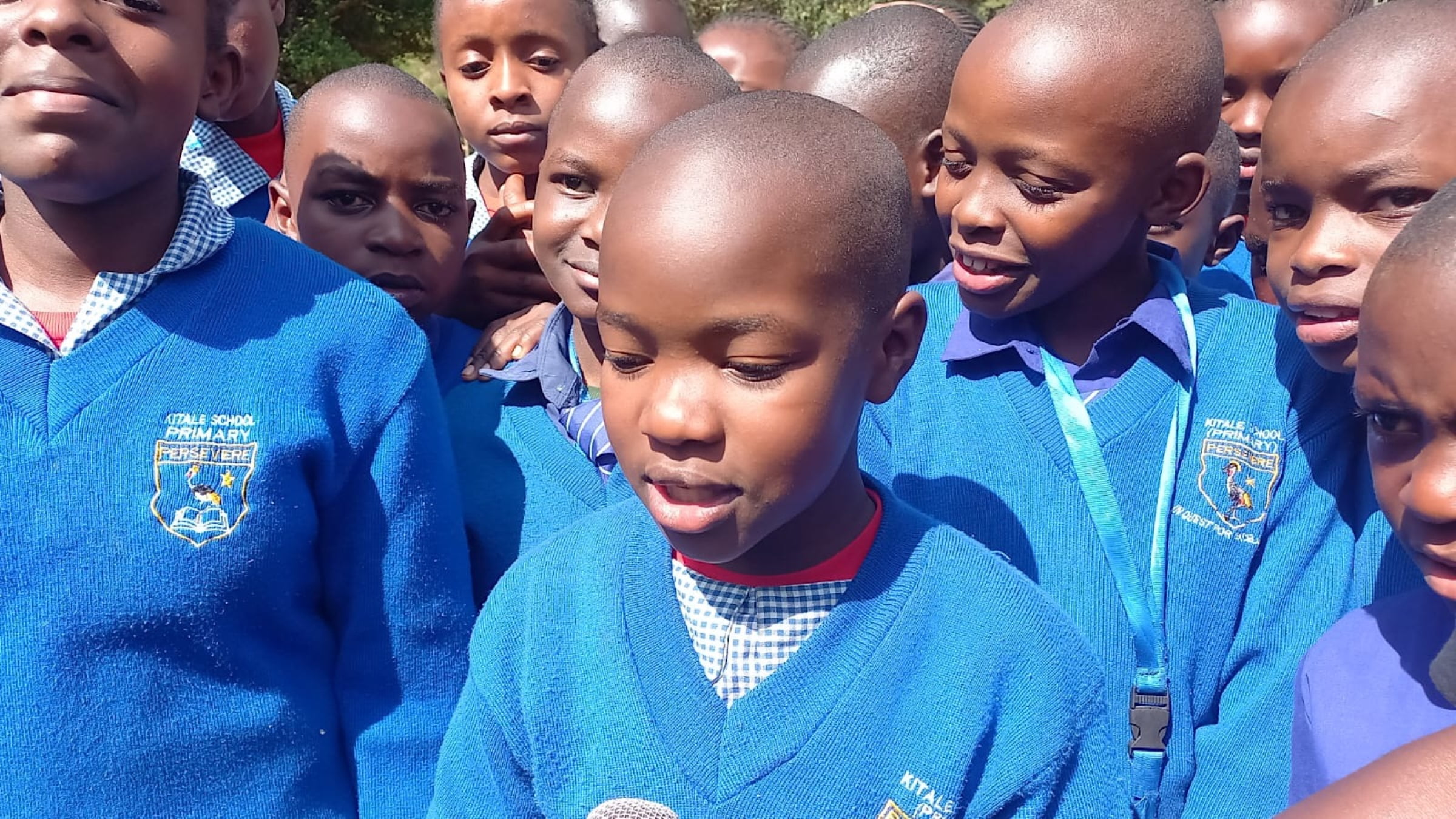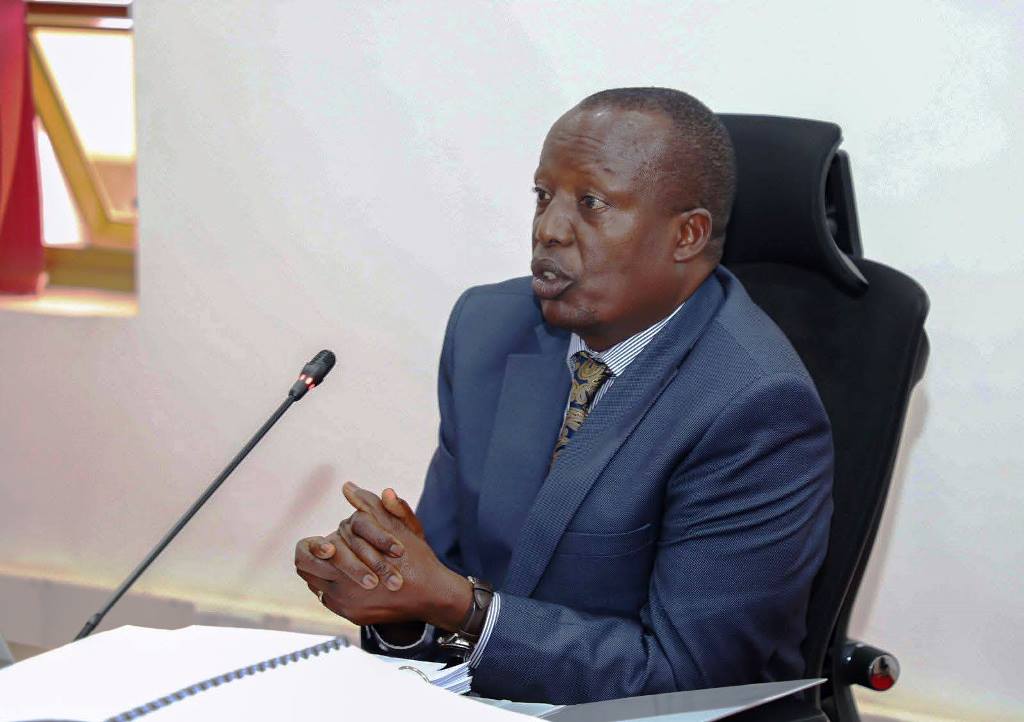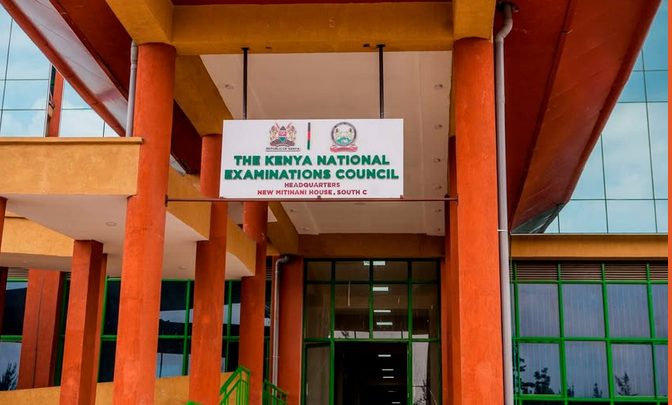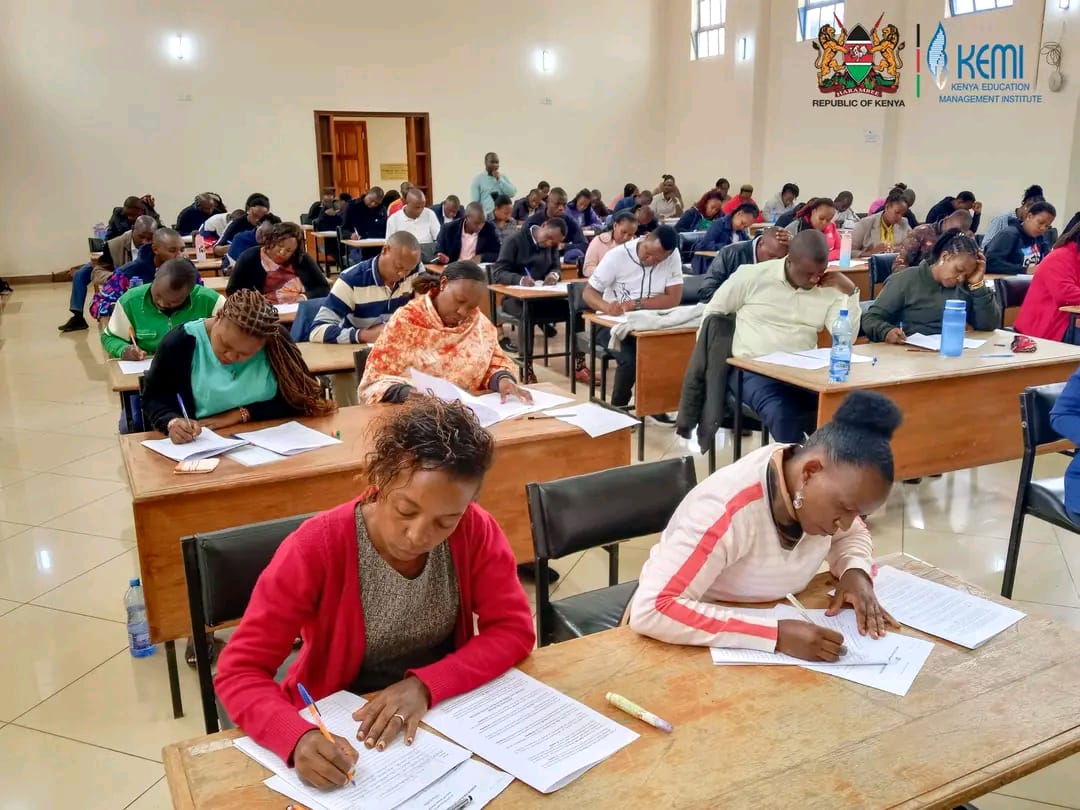By Education News reporter
The pioneer Competency-Based Curriculum (CBC) learners who are currently in Grade 6 will experience a sharp increase in the number of learning areas when they transit to Junior Secondary School (JSS) at Grade 7 as from January 2023.
According to the Kenya Institute of Curriculum Development (KICD), there will be a total of 45 lessons per week, each lasting 40 minutes as time allocation for the new subjects at JSS, implying that the learners will have to adapt to the new normal considering that they had a relaxed schedule of only five test areas at Grade 6.
Most of them will be between 12 and 14 years and still undergoing physical, cognitive, social and emotional development.
What will they learn at Grade 7?
The 12 Core (mandatory) subjects will have a total of 39 lessons per week distributed across all the subjects in this category, which include English, Kiswahili or Kenya Sign Language (KSL, for learners who are deaf) , Mathematics, Integrated Science , Health Education , Pre-Technical and Pre-Career Education, Social Studies (Citizenship, Geography, History), Religious Education (Christian, Islamic and Hindu Religious Education and Pastoral Programme of Instruction-PPI), Business Studies, Agriculture, Life Skills Education, and Sports and Physical Education.
The remaining six lessons per week will be for the optional subject that is three lessons per week for the two subjects since here; learners will choose a minimum of one and a maximum of two subjects. The choices will be based on personality, abilities, interests and career choices from the seven subjects, which are Visual Arts, Performing Arts, Home Science, Computer Science, Foreign Languages (German, French, Mandarin and Arabic), Kenyan Sign Language and Indigenous Languages.
The choices will lead to career paths of interest at the Senior Secondary School (SSS), hence the focus at JSS will be on the breadth rather than the depth of the subjects.
Furthermore, learners will undergo a rigorous career guidance programme to enable them make informed choices as they transit to SSS.
A significant school drop-out rate has been recorded among Standard 7 learners who are approximately 12 years (the age bracket of transition to JSS) since most learners at this stage are experiencing rapid physical, mental and emotional changes. They require relevant knowledge and skill, appropriate values, plus constant parental support and involvement for social cohesion.
Subjects for learners with special needs
KICD has further developed and adapted ten Learning Areas (subjects) which will suit learners with special needs at Pre-Vocational Level from the current Intermediate Level under the Stage-Based Curriculum of the CBC.
Learners will now be taken through pre-vocational skills, Communication, Social and Literacy Skills, Daily Living Skills, Mathematics Activities, Music and Movement, Physical and Health Education, Hygiene, Nutrition and Safety, Environmental Activities, Social Studies, and Religious Education (Christian, Islamic and Hindus Religious Education).
According to the country’s curriculum developer, the skill-based training prepares and introduces them to the prerequisite skills in various vocational areas to enable them identify their abilities and interests in a given field.
The learners who will take the pre-vocational level include those with intellectual disabilities, deaf blindness, autism, severe cerebral palsy and multiple disabilities.
By the end of Pre-Vocational Level, the learners are expected to be able to demonstrate basic pre-vocational skills using local materials, express themselves through manipulation of varied materials, and transform raw materials into functional and aesthetic forms.
They are also expected to be able to handle safely varied materials and tools or equipment in production of articles of aesthetic and functional value, develop creative ability to enhance productivity, and appreciate the use of raw materials in production of functional items for economic development.
According to KICD Basic Education Curriculum Framework (BECF) developed in 2017, which basically focuses on learners’ competencies within their levels of ability, learners with severe and profound disabilities may not pursue the age-based curriculum but a separate stage-based curriculum.
The stage-based curriculum is organised into 4 levels which begins at Foundational Level, moves through the Intermediate Level and the Pre-Vocational Level, to the vocational skills level. The transitions at various levels of the stage-based pathways are informed by the achievement of the set learning outcomes as continuous assessment used to inform and improve learning.
However, the unavailability of well-resourced secondary schools and vocational training centres have been identified as leading challenges to transition in Special Needs Education (SNE). For instance, a study conducted by the CBC taskforce in March 2020 established that out of the 179,320 SNE learners in primary schools, 26,288 are in special primary schools while 153,032 are in regular primary schools.
The taskforce also established that only 5,718 learners with special needs and disabilities transit to regular secondary schools, while 3,895 transit to special secondary schools.
The study further revealed that 72.6 per cent of children with disabilities are in rural and urban informal settlements which have few or no special schools, but have increased in the number of free day secondary schools available.
By the time the learners complete their middle school at Grade 9 for age-based and at pre-vocational level for special needs learners who are following the stage-based pathway, they will be expected to apply literacy, numeracy and logical thinking skills appropriately in self-expression, communicate effectively in diverse contexts, and apply digital literacy skills appropriately for communication and learning in day to day life.
They are further expected to demonstrate social skills, spiritual and moral values for peaceful co-existence, explore, manipulate, manage and conserve the environment effectively for learning and sustainable development, and practise hygiene, appropriate sanitation and nutrition to promote health.
Further, they will be expected to demonstrate ethical behaviour and exhibit good citizenship as a civic responsibility, manage pertinent and contemporary issues in society effectively, and demonstrate appreciation of the country’s rich, diverse cultural heritage for harmonious living.
TABLE:
What they will learn for the next 3 years from Grade 7-9 Pre- Vocational Level
| Regular Leaners following Age-based pathway | Special Needs Learners following Stage-Based Pathway | |||
| 12 Core (Mandatory Subjects ) | Optional Subjects:
learners to choose a minimum of one and a maximum of two subjects according to personality, abilities, interests and career choices from the seven (7) subjects below: |
Pre- Vocational Level :
|
||
| Subject | No. of lessons per week (40 Mins Per Lesson) |
They will have the following learning areas (subjects):
|
||
| English | 5 | 1) Visual Arts
2) Performing Arts 3) Home Science 4) Computer Science 5) Foreign Languages (To Choose 1 from German, French, Mandarin and Arabic) 6) Kenyan Sign Language 7) Indigenous Languages |
1. Pre-vocational skills
2. Communication 3. Social and literacy skills 4. Daily living skills 5. Mathematics Activities 6. Music and Movement 7. Physical and Health Education 8. Hygiene 9. Nutrition and safety 10. Environmental Activities 11. Social Studies 12. Religious Education (CRE/IRE/HRE)
|
|
| Kiswahili/KSL | 4 | |||
| Mathematics | 5 | |||
| Integrated Science | 4 | |||
| Health Education | 2 | |||
| Pre technical and Pre Career Education | 5 | |||
| Social Studies | 3 | |||
| Religious Education (CRE/IRE/HRE/PPI) | 2 | |||
| Business Studies | 3 | Subject | No. of lessons per week (40 Mins Per Lesson) | |
| Agriculture | 3 | Optional Subject 1 | 3 | |
| Life Skills Education | 1 | Optional Subject 2 | 3 | |
| Sports and Physical Education | 2 | |||
What Grade 6 learners will do in their November 2022 Kenya Primary School Education Assessment (KPSEA)
The 13 subjects taught in Upper Primary level (Grades 4-6) will be combined into five (5) papers constituted as follows:
| SN | PAPER NAME | Total Scores (%) |
| 1 | Mathematics | 100 |
| 2 | English Language | 100 |
| 3 | Kiswahili / Kenyan Sign Language | 100 |
| 4 | Integrated Science (combines 4 subjects):
a) Science and Technology; b) Agriculture; c) Home Science; and d) Physical and Health Education. |
100 |
| 5 | Creative Arts and Social Studies (combines 4 subjects):
a) Social Studies; b) Christian Religious Education/Islamic Religious Education/Hindu Religious c) Art and Craft; and d) Music |
100 |
| Total Scores | 500
|
|
How they will be scored, transited to Grade 7
At the end of Grade 6, the scores will be a combination of the cumulative School-Based Assessments (SBAs) and the summative assessment (KPSEA) scores as follows.
- 2020-2022: School Based Assessments (SBAs)
The SBAs for the three Grades, that is Grades 4, 5 and 6, will cumulatively account for 60 per cent of scores to be used in reporting as learners’ transit to Junior Secondary School (JSS).
- November 28, 2022-November 30, 2022: Summative Assessment which will contribute 40% of a learner’s score.
KNEC first opened its portal from August 15, 2022 to August 30, 2022 for the Grade 6 learners to do their school selection for JSS in readiness for placement.
The Kenya Primary School Education Assessment (KPSEA), which will be a national examination administered by KNEC, and which will be a combination of the learners’ scores attained from the SBAs administered at Grade 4, 5 and 6, the National Summative Assessment (KPSEA) will be administered in November, 2022.
December 2022 and January 2023: Issuance of Transition Report
Learners will be issued with a Transition Report for the KPSEA between December 2022 and January 2023
January 2023: Transition to JSS
All Grade 6 learners to be placed in Junior Secondary School (JSS) institutions as per their choice during the selection process at Grade 7 from January 2023.






